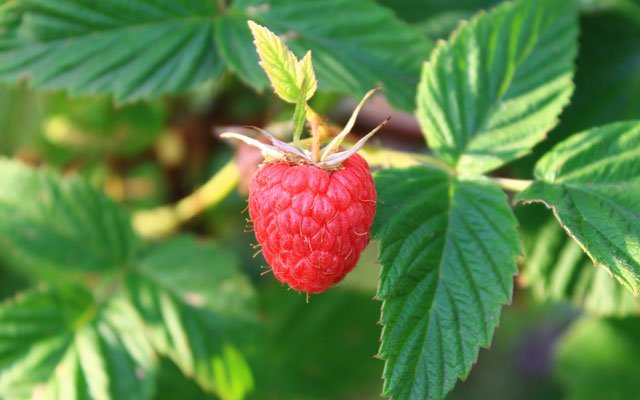Raspberry leaf, deriving from the Rubus idaeus plant, has long held a place of esteem in the world of herbal remedies, particularly among pregnant women. Its popularity hinges on its rich history, potential health benefits, and versatility in use, making it a sought-after natural treatment for various conditions.
Historical and Medicinal Background
Raspberry leaf has been utilized for centuries across many cultures for its health benefits. Traditionally, it has been used to treat a wide range of medical conditions, from gastrointestinal issues to respiratory disorders. However, its most acclaimed use is in maternity care, where the leaves are prepared as a tea intended to ease childbirth.
Health Benefits
The primary reason raspberry leaf is so popular, especially among pregnant women, is due to its purported ability to tone the uterus, potentially making labor quicker and less painful. The leaves contain fragarine, a compound thought to strengthen the pelvic muscles and uterine walls. By doing so, it is believed to facilitate a smoother labor process and recovery.
Besides its uses in pregnancy, raspberry leaf is rich in vitamins and minerals, including vitamins B, C, and E, magnesium, potassium, and iron. These nutrients contribute to its anti-inflammatory and antioxidant properties, making the tea beneficial for more than just expectant mothers. It has been suggested to help with sore throats, diarrhea, and as an aid for the immune system.
Scientific Perspective
Despite its popularity, scientific evidence supporting all claims regarding raspberry leaf is mixed. Some studies suggest modest benefits for women during labor, but the evidence is not comprehensive. Health practitioners often advise that while raspberry leaf can be beneficial, it should be used with caution, particularly during pregnancy, as not enough studies have conclusively shown its safety and efficacy.
Why the Popularity?
The appeal of raspberry leaf can largely be attributed to its natural origin and the growing trend towards organic and herbal remedies. People are increasingly seeking out natural ways to manage health issues, and raspberry leaf fits this niche perfectly. Its ability to be used in various forms, such as teas, capsules, and tinctures, also makes it accessible for different preferences and uses.
In conclusion, the popularity of raspberry leaf stems from its historical use, potential health benefits, and its role in natural and holistic health practices. While it is especially popular among pregnant women for its potential to ease labor symptoms, raspberry leaf is also appreciated for its general health benefits, contributing to its esteemed status in the herbal community. As with any herbal remedy, it is recommended to consult with a healthcare provider before starting any new treatment.
